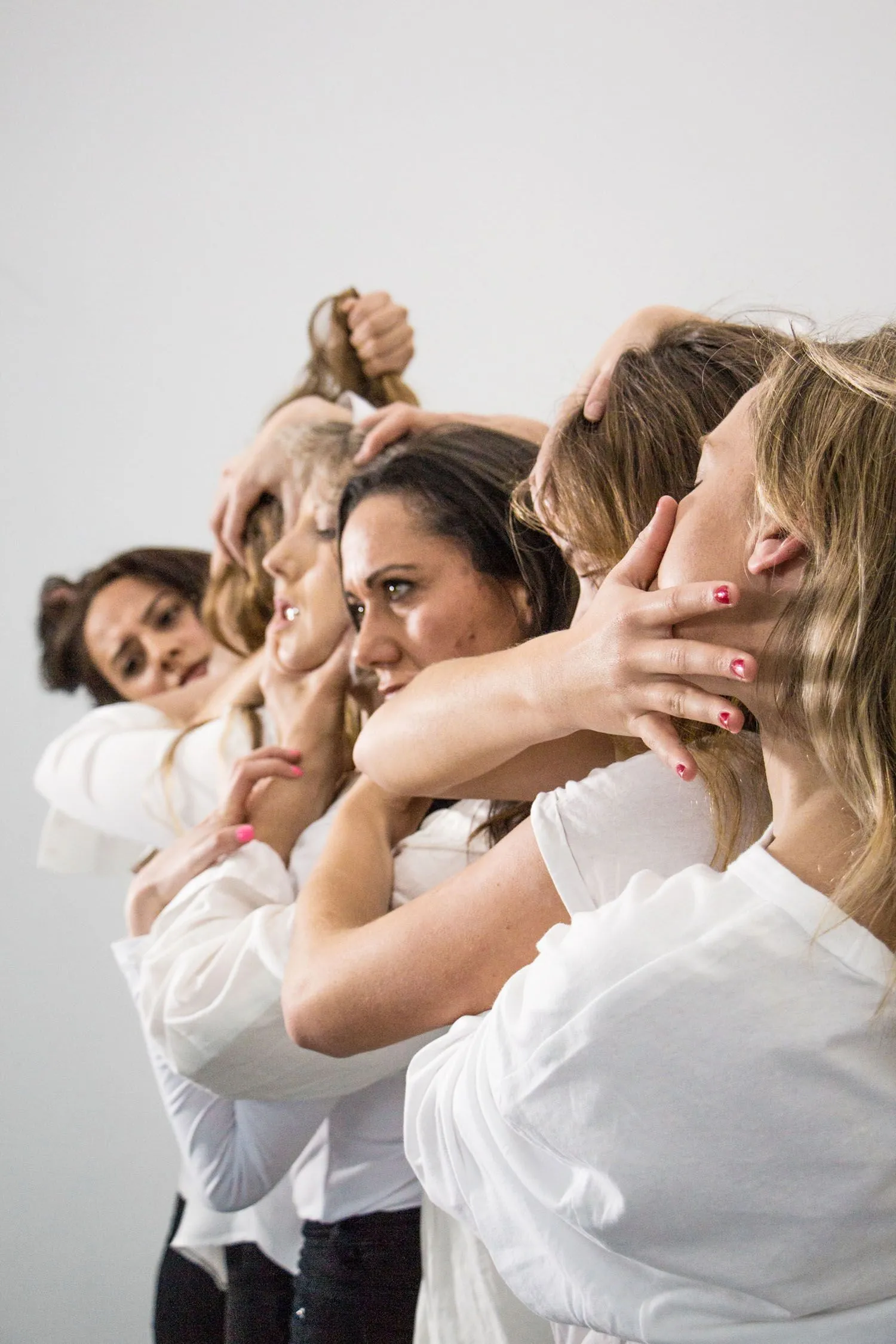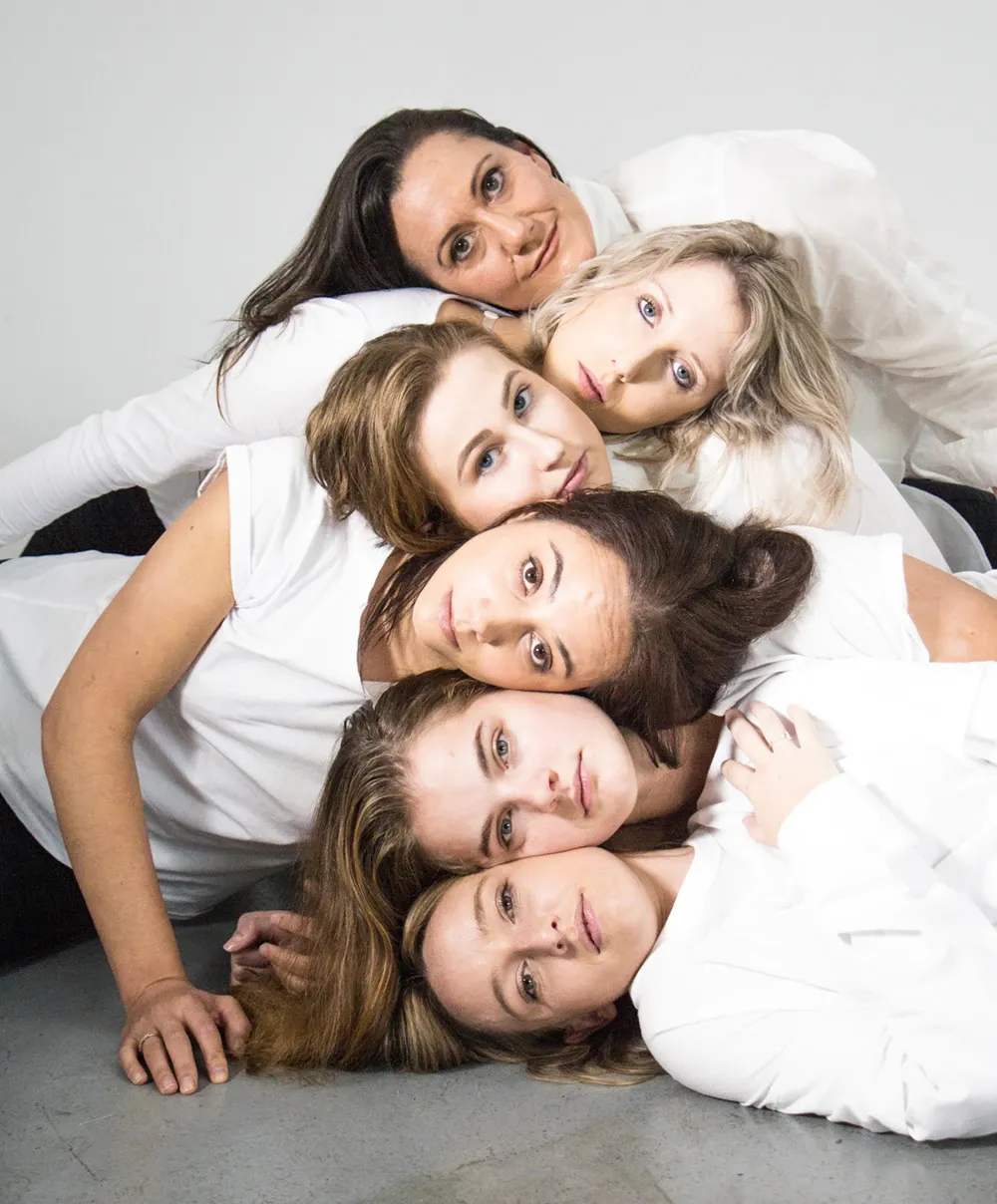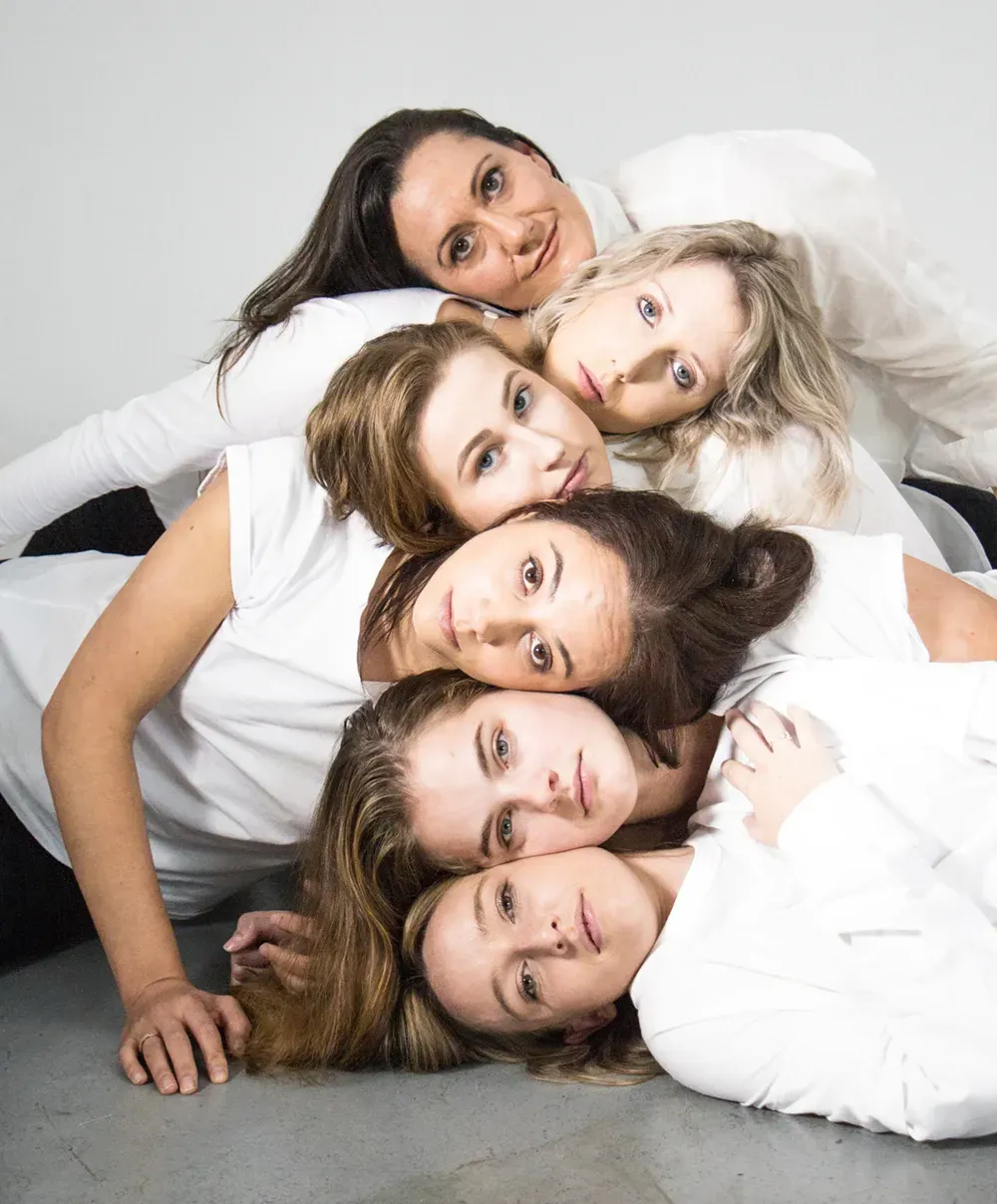The miseducation of Loren Black
Written by

I knew there was something wrong with me from a young age. My doctors put it down to hormones. My parents put it down to their own failures. I realise now that my depression and anxiety started to manifest long before I was diagnosed. Being a teenager sucks, but I don’t think it’s quite as easy as growing out of it. The emotional damage sticks around, and I don’t know if anyone is taking it as seriously as they should.
I was bullied from the age of 7, or 8, I don’t know - ask my mother. She can pinpoint the exact moment I changed from a bossy, loud, goofy little kid to the tortured, woe-is-me, eyeliner wearing emo that shaped my current music taste. I always blamed my self-destructive tendencies on my history as a bullied child, and I’ve learnt the two have a lot to do with eachother, just not in the way I expected.
The negative thoughts didn’t necessarily come as a result of the bullying. Sometimes they came first; and sometimes my biggest bully was me. I was a gentle kid, I had a lot of empathy, which made me susceptible to emotion, particularly sadness. I was 12 when I got stuck in it. It didn’t make me incapable of other emotions, I had fun, I felt love, but the sadness was always there, because I had adopted it as part of my personality. I thought it was the only thing about me that made me different, that made me interesting. At the time I thought it defined me, but it didn't. It held me back.
People say the things that matter most when you’re young, don’t matter when you’re old. Maybe. But we can take as a fact that bullying causes psychological damage that takes years to address.
I fell in love with a boy when I was 16. I thought I would love him forever, but of course I was wrong. He isn’t my whole world anymore, but the way I learnt to react when he rejected me manifested, and it dictates the way I react when I don’t get the job I wanted, or when I fight with the man I love now. The behaviours from the age of trauma and panic have a way of sticking around, whether you want them to or not.
People say the things that matter most when you’re young, don’t matter when you’re old. Maybe. But we can take as a fact that bullying causes psychological damage that takes years to address.
My friendships were contaminated with my fear that I wasn’t worth knowing. This emotional manifestation was a definite result of bullying. I mean you go through your pre-teens having every friendship end in a heartbreaking way. Like those “friends” of mine in the “I hate Loren Black” club on Bebo or the “friends” who created the petition to have me kill myself, and passed it around my third form English class. I developed a paranoia that made it hard to form actual friendships, I mean, those were some particularly traumatic experiences, which I’m clearly totally over, but the PTSD of being a pariah seems to stick around - who knew?
This attitude seeped through my teenage years into adulthood, with me letting any expression of negative emotion implode my relationships. It took me years of therapy to separate my self-worth, from my perception of the opinions of the people that I thought shaped me.

I blamed my parents a lot when I was younger. I think that is the natural reaction to anything that goes wrong in life, but I realise now that I was only doing so because I was holding onto the part of me that I thought defined me. There was something poetic about having Daddy Issues, but now all I want to do is go back and shake the hair-dyed 2007 version of myself that forced a disconnect in my family because I thought my emotions were more important than theirs. I wish there was someone back then to tell me there were reasons for my feelings, that there are healthy ways to deal with them, that it is nobody’s fault; but there wasn’t.
I know there’s a bunch of white-bred, middle aged people who will fill the comment section with “kids will be kids” attacks at my over-sensitivity, and with brash opinions on how my generation needs to harden up. Little to they realise that the problem stems from their inability to soften. Our “harden up” culture is more damaging then people let on.
I am the first to devalue my own emotions because I was raised to believe they weren’t valid, that I should just put my big girl pants on and stop being dramatic and for me, this was the biggest hurdle to overcome. The most important thing for people to realise, is that if you devalue the mental health of young people, they will learn to devalue it too. It’s easy to write off the youth like they have no power or influence, ignoring the fact that they have the power to take their own life, or the influence over others doing the same.
The most important thing for people to realise, is that if you devalue the mental health of young people, they will learn to devalue it too.
Teenagers are told that people only take therapy if they are crazy, and it took me a while to shake that stereotype. I’ll admit, going into a mental health clinic with bars on the window made me feel like I had totally lost the plot. But I did it for me, because regardless of what people have thought of me over the years, I deserve to have my own opinion, and I’ve just started to like me. After years of unhealthy and abusive vices, I found healthy coping mechanisms. I spent two years in therapy challenging my negative thought patterns, the infuriating process of breaking emotional habits. I survived the pressure cooker of high school, and eventually I found a way to reach out and take control of my mental health; but I was lucky.
The problem is this; there are people who don’t get this far. Parents are underqualified to deal with the emotional damage of bullying. Kids are wildly miseducated and to be honest, it’s terrifying. Instead of telling people who are struggling to “harden up” and keep it to themselves, maybe you should “harden up” and listen to them. Maybe if someone had validated my feelings a long time ago, I wouldn’t have to validate my feelings now, and maybe all those nursing pamphlets my mum snuck under my pillow would have amounted to something.
Loren Black’s new play A Lost Cause brings together an all female cast to open a conversation on the stigmatisation of women and mental health. A Lost Cause runs at Auckland’s Basement Theatre Tuesday, October 16 till Saturday, October 20. Book here.
Written by Loren Black


